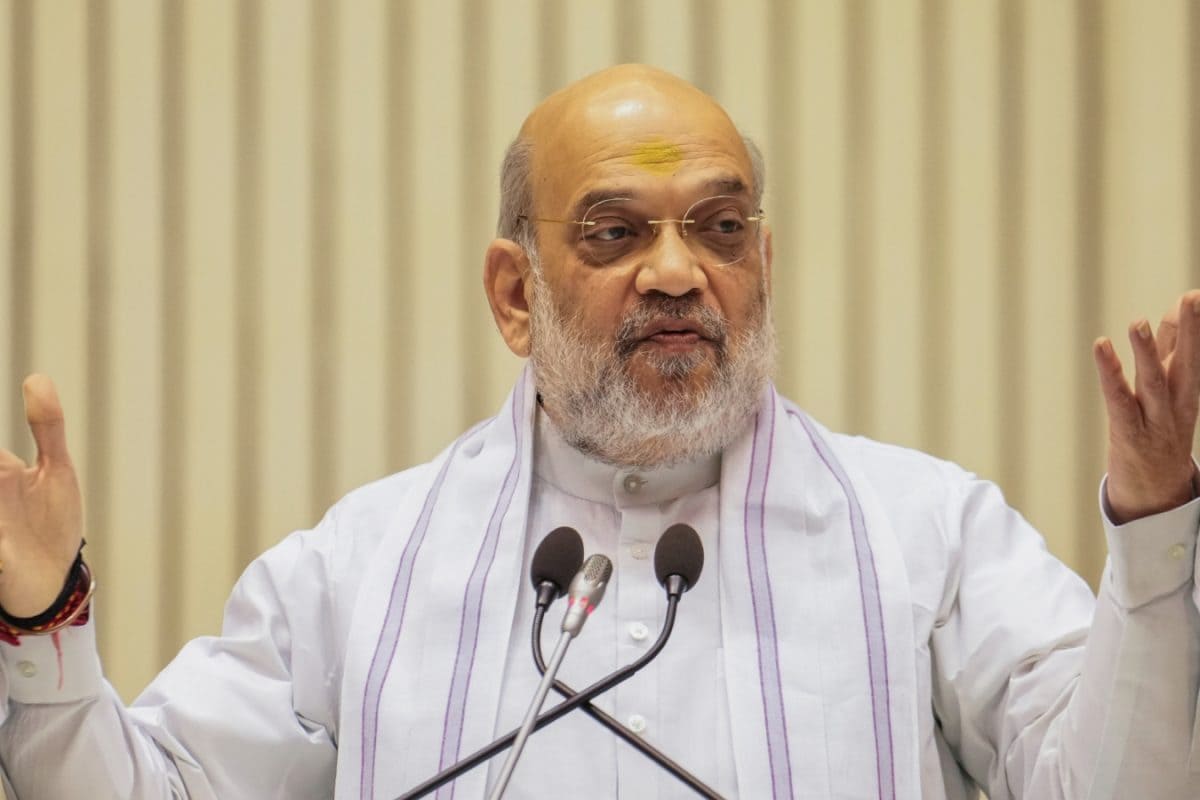

As India approaches the 50th anniversary of the Emergency, Union Home Minister Amit Shah has asserted that the country will never accept dictatorship. Speaking on the eve of this historical marker, Shah emphasized the importance of remembering the events of 1975, cautioning that forgetting such a dark chapter could endanger democracy itself.
Shah's remarks are part of a larger effort by the Bharatiya Janata Party (BJP) to commemorate the Emergency, which was imposed by then Prime Minister Indira Gandhi on June 25, 1975. This period saw the suspension of civil liberties, the arrest of opposition leaders, and strict censorship of the press. The BJP has been vocal in its criticism of the Congress party's actions during this time, with Shah accusing the "arrogant and autocratic" Congress government of "killing" democracy to retain power for one family.
The Home Minister saluted the countless satyagrahis, social workers, farmers, youth, and women who protested against the Emergency, highlighting their struggle and sacrifices in preserving democracy. He stated that the Emergency was a result of a "dictatorial mindset" and underscored the importance of heeding diverse viewpoints to prevent such events from recurring.
Other BJP leaders have echoed Shah's sentiments. Prime Minister Narendra Modi has called the Emergency a "dark chapter" and a "dark spot" in Indian democracy, emphasizing the need to pay homage to those who resisted it. Lok Sabha Speaker Om Birla moved a resolution condemning the Emergency, highlighting the suffering it caused and stressing the importance of educating younger generations about this period.
The commemoration of the Emergency also involves various events and programs. The Haryana Sikh Gurdwara Management Committee (HSGMC) plans to mark the anniversary as a "Black Day" and honor those who were imprisoned during the Emergency. The BJP has announced a nationwide program to commemorate the 21-month state of emergency, reinforcing its commitment to democratic values.
While the BJP uses the anniversary to criticize the Congress, it also serves as a reminder of the importance of vigilance in protecting democratic institutions and civil liberties. The Emergency stands as a stark example of the potential for abuse of power and the need for a robust opposition and an independent media. The lessons learned from this period are crucial for ensuring that India remains a vibrant and resilient democracy.